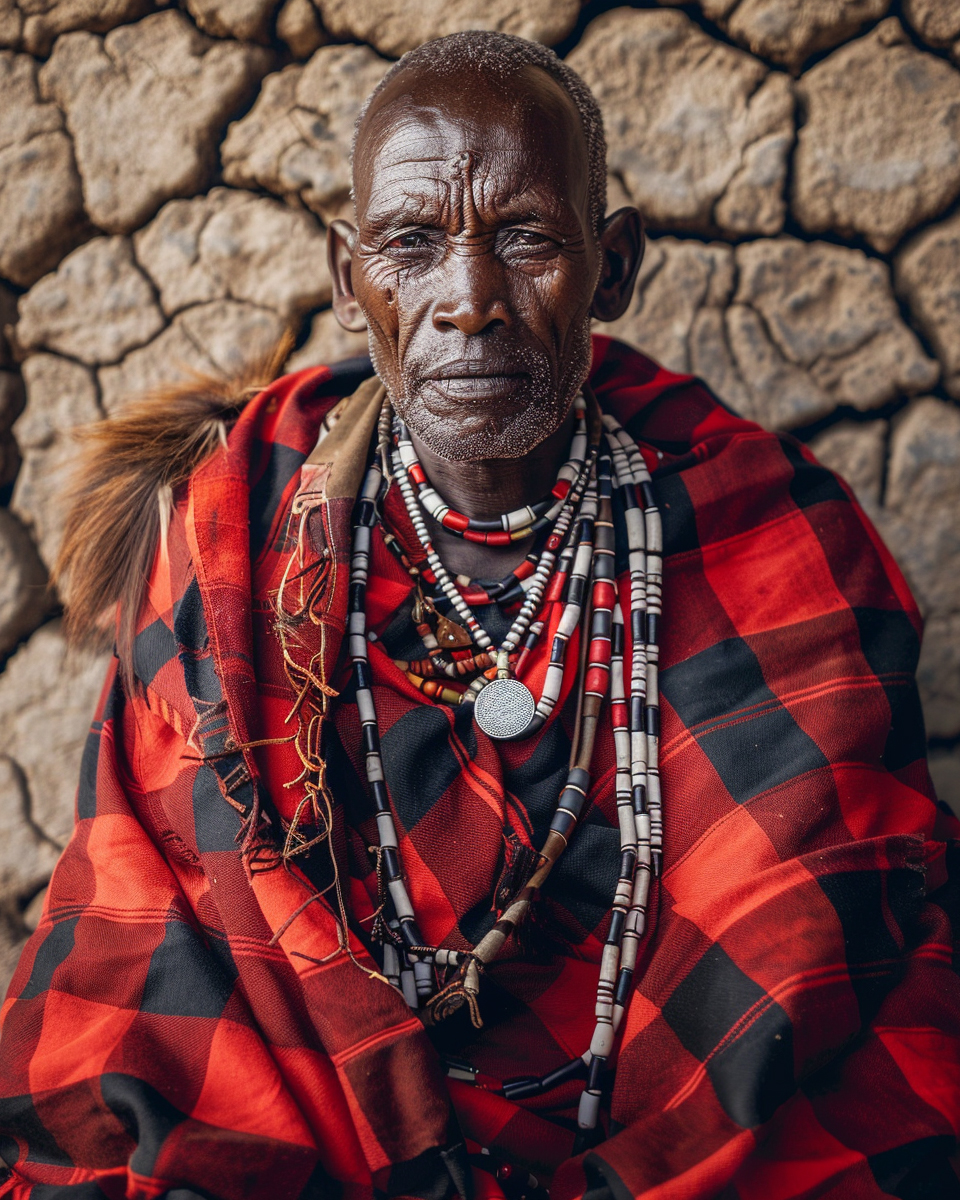
Discover the rich culture and traditions of the Maasai people, one of East Africa’s most iconic and enduring ethnic groups. Located primarily in Kenya and Tanzania, the Maasai are renowned for their distinctive customs, dress, and strong connection to their land and cattle. A visit to a Maasai village offers a unique opportunity to learn about their way of life, experience traditional ceremonies, and engage with the community in a meaningful way. This cultural encounter is a journey into the heart of East Africa's heritage.
Start PlanningThe Maasai speak Maa, a Nilotic language. Many also speak Swahili and English, especially in tourist areas.
The Maasai traditionally drink cow's blood, especially during ceremonies or as a medicinal tonic, often mixed with milk. Their diet mainly includes meat, milk, and blood from cattle.
Maasai homes, known as enkangs or manyattas, are built by women using wooden poles covered with a mixture of mud, sticks, grass, cow dung, and urine. These homes are small and circular.
he Maasai hold unique ceremonies, such as the Eunoto (transition into warrior status), Enkipaata (coming of age), and Olng’esherr (meat-eating ceremony).
Cattle are central to Maasai culture as a food source and wealth measure. The Maasai are increasingly balancing livestock rearing with environmental preservation through sustainable grazing and active participation in wildlife conservation efforts.
While many Maasai have adapted to modern life through education and business, they continue to preserve their cultural heritage through traditional practices and ceremonies.
Be open-minded and respectful. Remember that you are a guest in their community, and their way of life is different but equally valuable
Yes, many Maasai villages offer handmade crafts such as beadwork, jewelry, and other traditional items for sale. Purchasing these items supports the local economy and provides you with a unique souvenir.
During a visit to a Maasai village, you can expect to engage in various cultural activities such as traditional dances, craft-making, and learning about the Maasai way of life. You will have the opportunity to interact with the community, hear their stories, and see their daily routines.